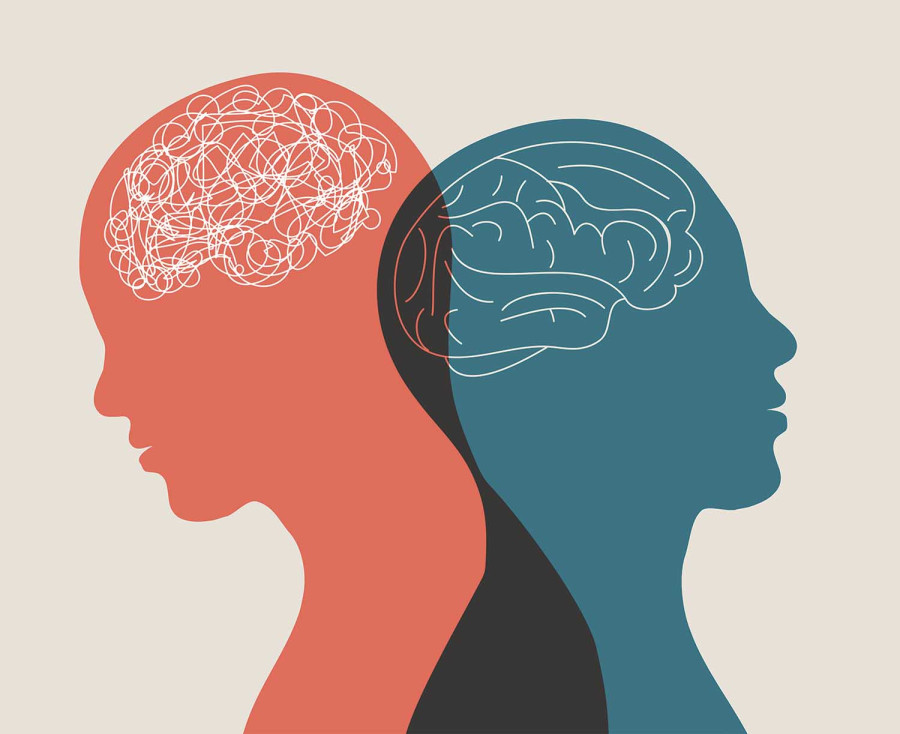Life & Style
Understanding conduct disorder
Sandesh Dhakal, lecturer at the Central Department of Psychology, Tribhuvan University, details the causes, consequences and ways to control the disorder.
Rukusha Giri
Individuals with conduct disorder (CD) often struggle with managing their behaviour and decision-making, which can lead to violent and antisocial behaviour. This happens because of their impaired impulse control, a crucial aspect of self-regulation and making socially acceptable choices.

Sandesh Dhakal, lecturer at the Central Department of Psychology at Tribhuvan University, details the causes, consequences and ways to control the disorder.
What is conduct disorder?
Conduct disorder (CD) is a psychiatric disorder typically developing during childhood or adolescence. Individuals with CD display a persistent pattern of aggressive and antisocial behaviour that violates societal norms. This behaviour can include physical violence, property damage, theft, deception, and frequent violations of rules and regulations.
A critical component of self-regulation is managing one’s behaviour and making decisions that align with long-term goals and social expectations. This ability is known as impulse control and is closely linked to executive functioning abilities.
How is it related to impulse control?
Conduct disorder is marked by deficient impulse control, particularly in children and adolescents. This leads to impulsive and hazardous behaviours that demonstrate a disregard for the welfare of others and a lack of empathy. It can manifest in various ways, with hostility being a prominent example. Children with conduct disorder often struggle to manage their anger. They may resort to physical aggression towards others, engaging in activities such as fighting or bullying without concern for the consequences.
Individuals diagnosed with conduct disorder violate established rules and social norms, including theft, vandalism, truancy, and running away from home. Their impulsive nature inhibits them from considering the legal or societal implications of their actions. Additionally, children and adolescents with conduct disorder are prone to engaging in risky behaviours without contemplating the consequences. Substance abuse, reckless driving, and participation in dangerous activities are some of the examples that fall under this category.
What causes it?
Neurobiological research suggests that conduct disorder and decreased impulse control may be linked to abnormalities in brain structures, particularly the prefrontal cortex and its communication with other regions of the brain. Neuroimaging studies have revealed that individuals with conduct disorder exhibit reduced activity in the prefrontal cortex, which is responsible for decision-making and impulse control. This neurological perspective highlights the complex relationship between brain function and behaviour in this disorder.
Environmental factors play a significant role in the development and exacerbation of conduct disorder and impulse control issues, in addition to neurobiology. Adverse childhood experiences, inconsistent parenting, trauma, and socioeconomic barriers can all impede healthy impulse control mechanisms. In some cases, children who lack appropriate role models for emotional regulation and impulsive control may fail to develop these skills themselves.
Conduct disorder is characterised by impaired impulse control, which leads to violent and antisocial behaviour in children and adolescents. Effective interventions and support systems for individuals with this disorder require a comprehensive understanding of the intricate relationship between conduct disorder and impulse control. Early detection and thorough treatment can significantly reduce the burden of conduct disorder and improve long-term outcomes for those affected by the illness.
The consequences
Individuals with conduct disorder have to deal with some serious educational and social challenges. Students with the disorder may struggle academically because they cannot focus and adhere to rules. As a result of their impulsive and violent behaviour, they may find it challenging to establish and maintain healthy relationships. It can also lead to legal problems, exacerbate pre-existing mental health issues and contribute to the appearance of comorbid conditions such as substance abuse or mood disorders.
How do we treat it?
The treatment for conduct disorder should be comprehensive, addressing both the root causes and accompanying symptoms, including impulse control issues. Cognitive-behavioural therapy (CBT) is among the most effective interventions, as it helps individuals manage their impulses, regulate their emotions, and enhance their social problem-solving skills. Parent training and family therapy are also recommended, as they involve family members and parents in the therapy process. They can help reinforce positive behaviours, improve communication, and establish boundaries. Medication may be prescribed to manage specific conduct disorder symptoms, such as impulsivity or aggression. However, medication alone is insufficient and should be used with other therapeutic approaches.




 14.24°C Kathmandu
14.24°C Kathmandu










